Indigenous Governance Database
nation-owned enterprises
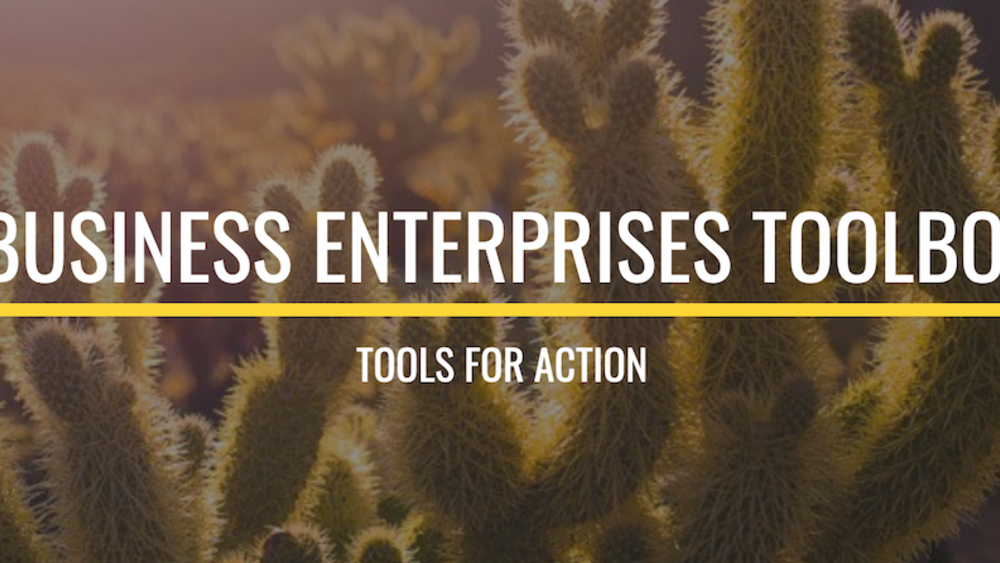
Business Enterprises Toolbox
What do successful businesses and economic development look like in a Native nation? Find out with case studies and research reports on successful and awarded efforts from around the world. Understand how to build and implement business codes, launch your own Limited Liability Company (LLC) and a…
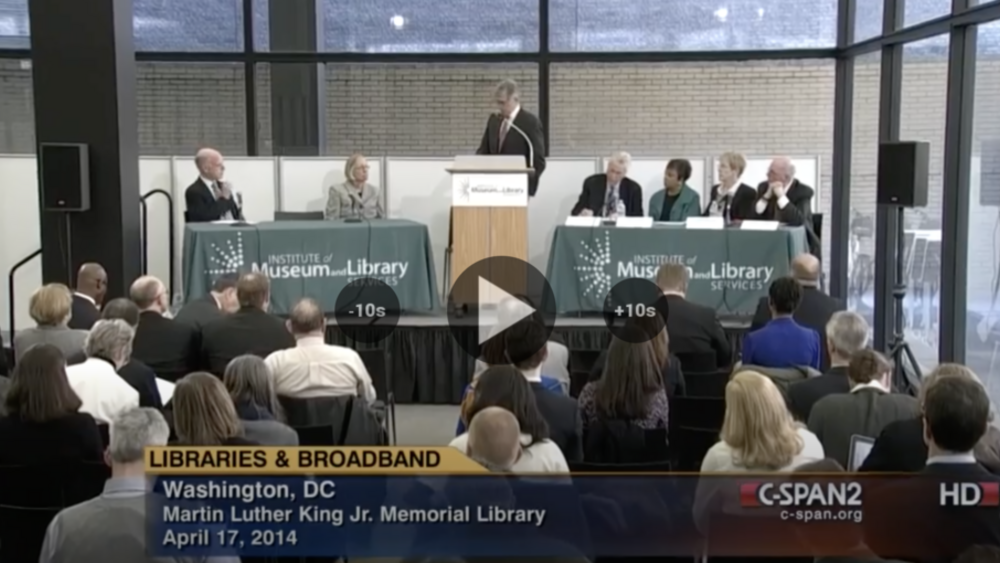
Broadband in Libraries
The Institute of Museum and Library Services (IMLS) held a public hearing to examine the need for high-speed broadband in the nation’s libraries. Former FCC Chair Reed Hundt told the audience that there was “no Washington consensus” around the issue of broadband in libraries, and urged the…
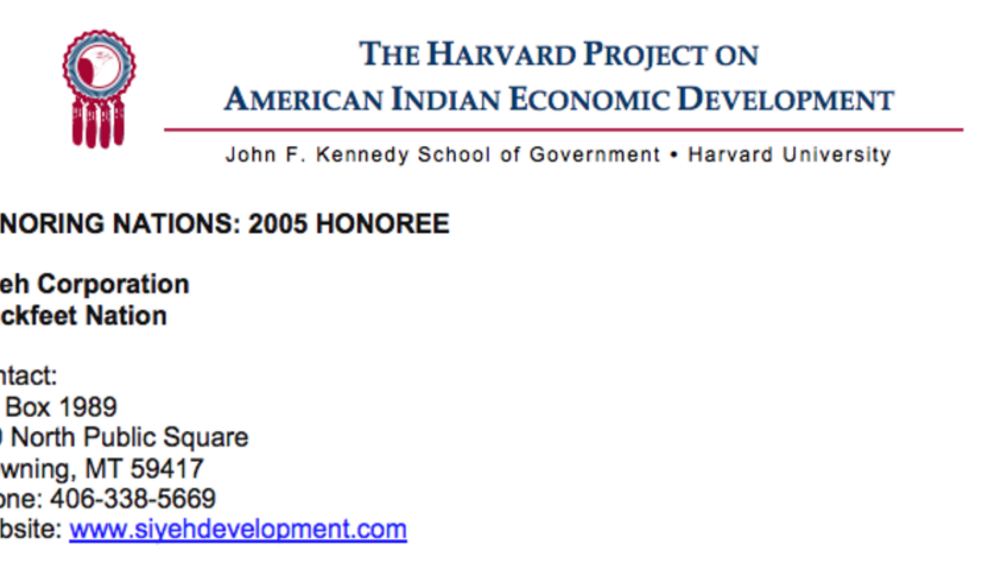
Blackfeet Nation's Siyeh Corporation
For years the Blackfeet Nation struggled to create sustainable tribal enterprises that could produce revenue for the nation and meet the needs of its citizens for jobs and services. Many of these efforts did not succeed because of conflicts within the tribal government. In 1999, the Nation tried a…
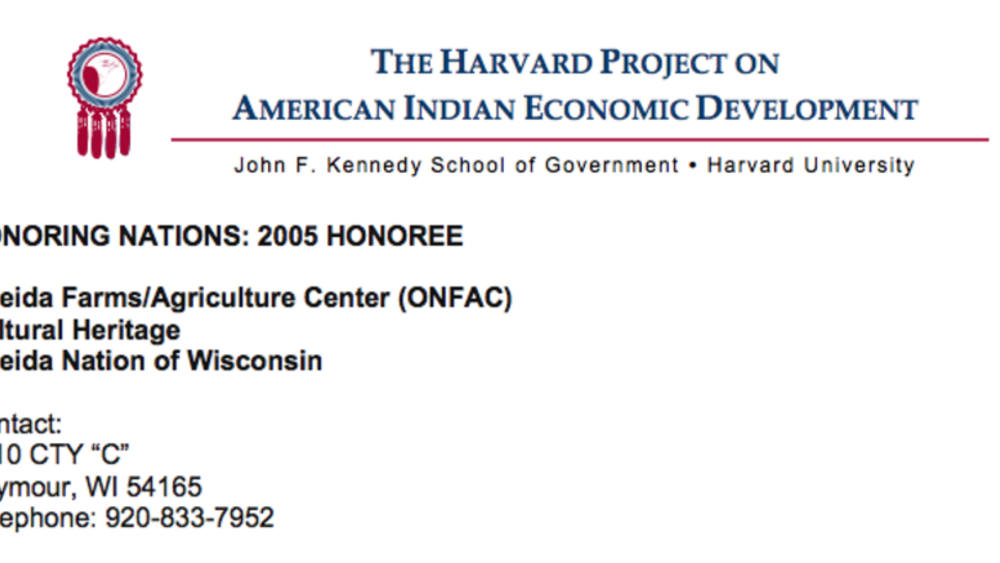
Oneida Nation Farms
In the 1820s, a portion of the Oneida people of New York moved to Wisconsin, where they took up their accustomed practices as farmers. Over the next hundred years, the Oneida Nation lost nearly all its lands and much of its own agrarian tradition. In 1978, the Oneida Nation of Wisconsin established…
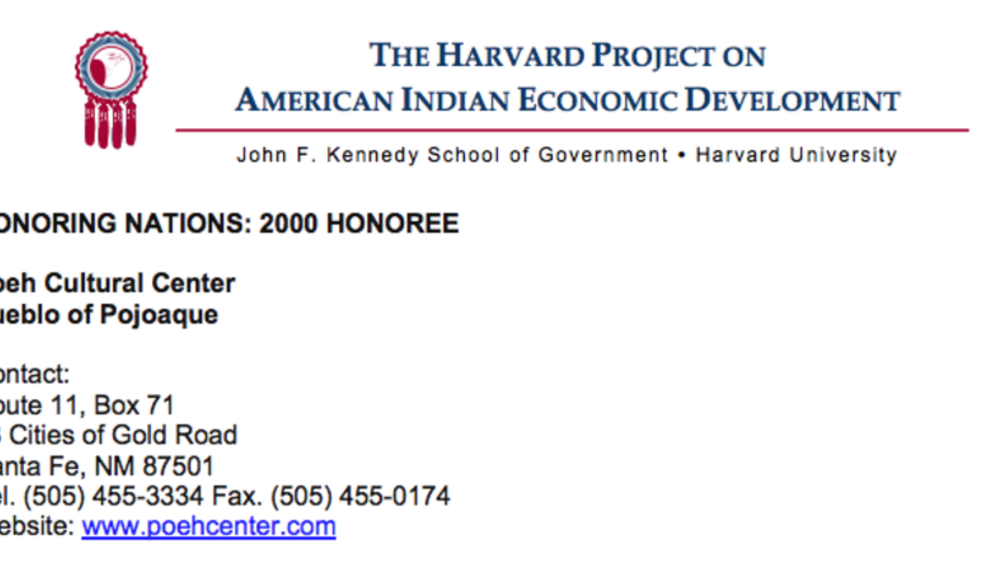
Poeh Center: Sustaining and Constructing Legacies (Pojoaque Pueblo)
Faced with the common challenge of raising funds for construction of a cultural center and museum, the Tribal Council created the Pojoaque Pueblo Construction Services Corporation in 1993. The Corporation’s chartering mandate was to generate revenues for cultural activities and to oversee the…
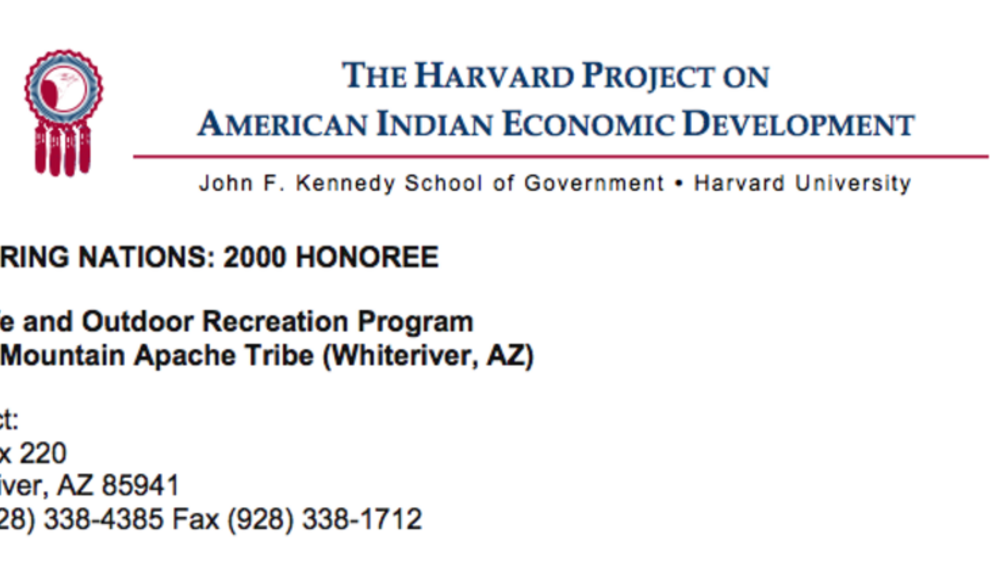
White Mountain Apache Wildlife and Recreation Program
The White Mountain Apache Wildlife and Recreation Program fulfills the dual role of performing all wildlife conservation and management and serving as a self-sustaining business enterprise based on the Tribe’s recreation/tourism industry. The program’s effective wildlife management techniques have…
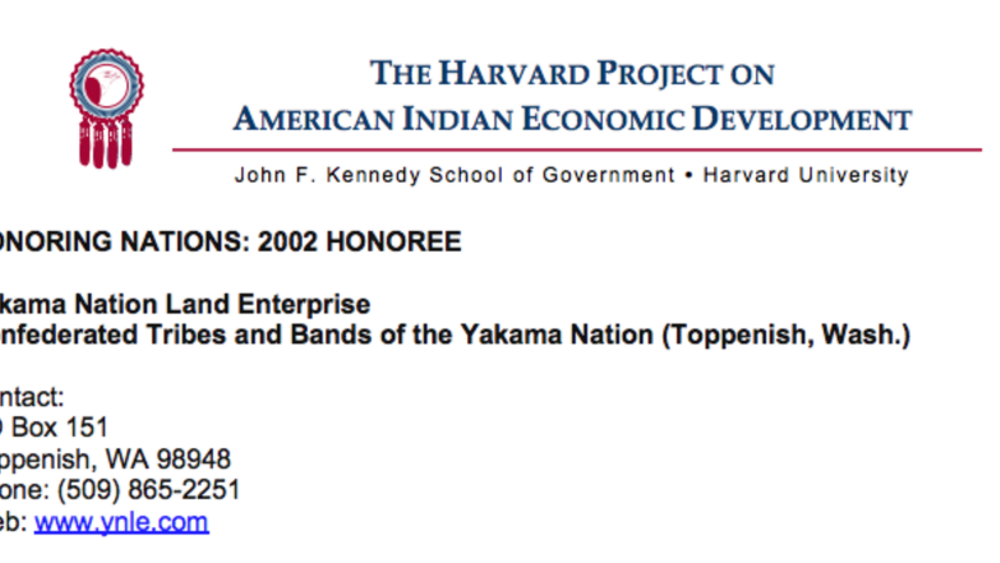
Yakama Nation Land Enterprise
In an effort to consolidate, regulate, and control Indian land holdings, the financially self-sustaining Yakama Nation Land Enterprise has successfully acquired more than 90% of all the fee lands within the Nation’s closed area — lands which were previously highly "checker-boarded." The Enterprise’…
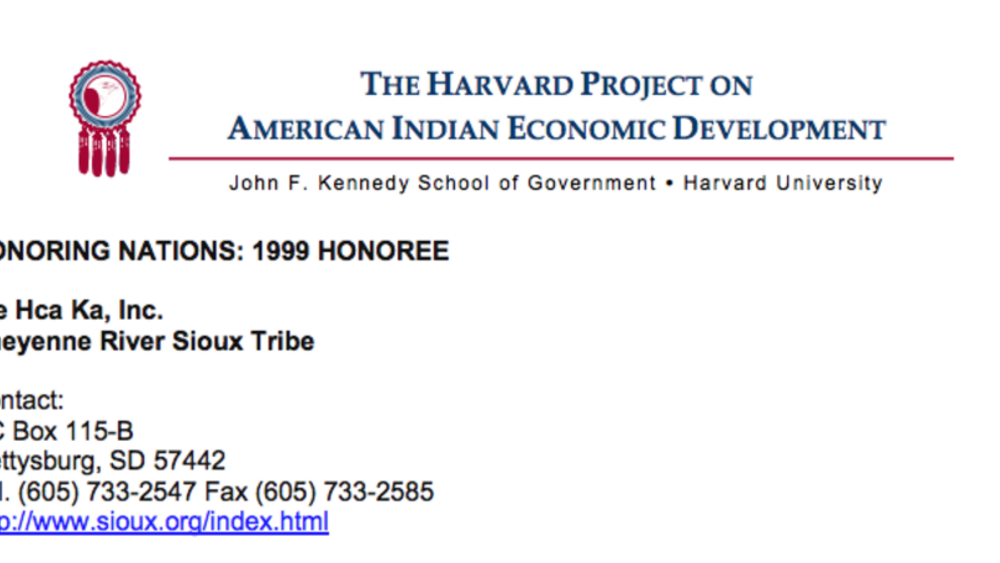
Pte Hca Ka, Inc. (Cheyenne River Sioux Tribe)
This tribally chartered corporation developed a culturally compatible management system for reestablishing buffalo as a focal point for socio-economic development, community cohesion, and self-determination. Pte Hca Ka, Inc. operates a mobile meat processing facility, and is currently seeking…
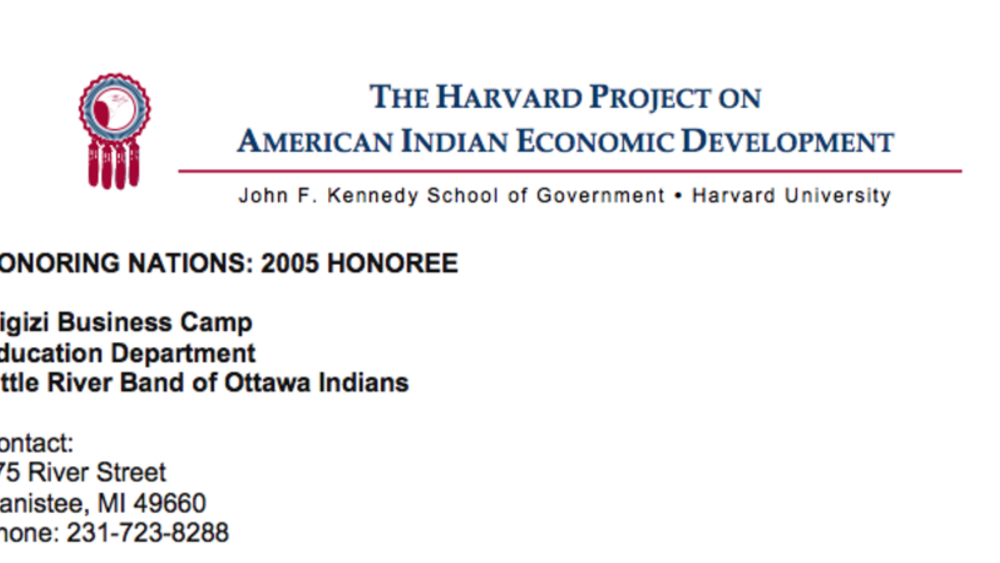
Migizi Business Camp (Little River Band)
In 1994, after 120 years of struggle, the Little River Band of Ottawa Indians finally re-obtained federal recognition. Ever since, tribal priorities included strengthening self-governance and the tribal economy. Their economic strategy followed two paths: the development of tribal enterprises and…
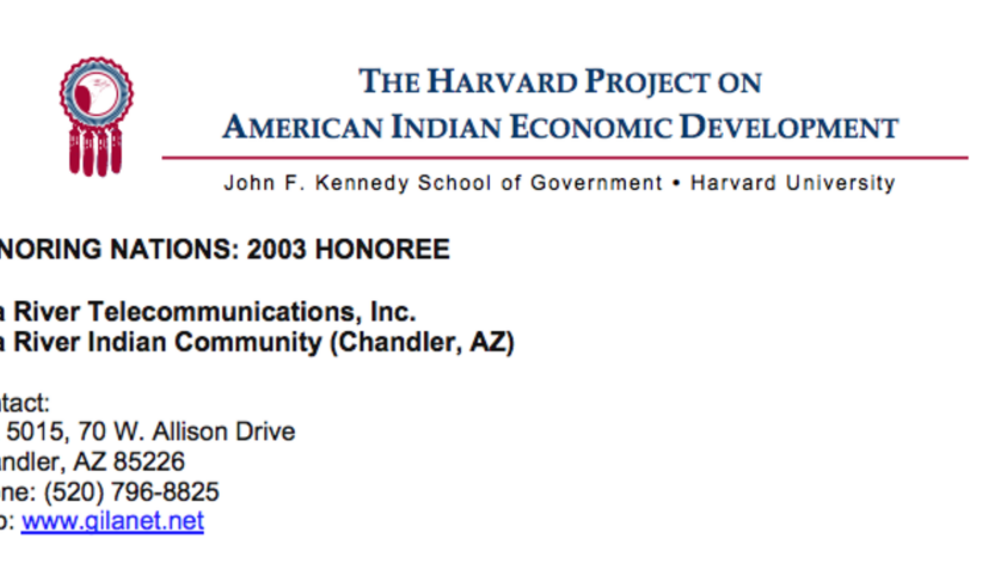
Gila River Telecommunications, Inc.
Recognizing the need for affordable and reliable telecommunications services, the Tribe founded Gila River Telecommunications, Inc. (GRTI) in 1988. A pioneer in telecommunications in Indian Country, GRTI offers affordable landline phone service, dial-up and DSL Internet service, and satellite…
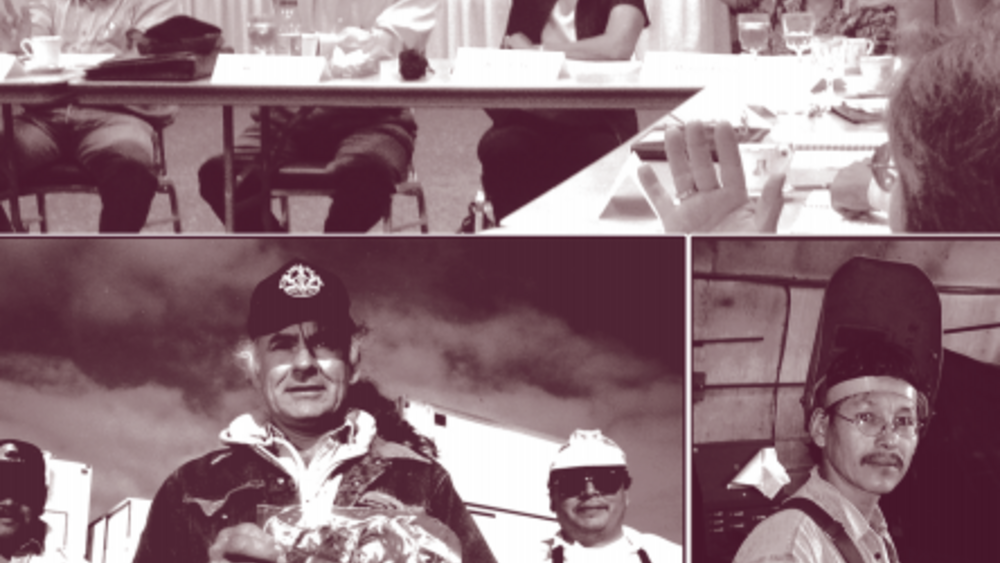
What Makes First Nations Enterprises Successful? Lessons from the Harvard Project
Some enterprises owned and operated by Native nations do well, and others don't. Of course this is true of all businesses--some succeed and others fail--and there are numerous reasons why. After all, building a successful business is a complex and challenging task. But in these and many other cases…
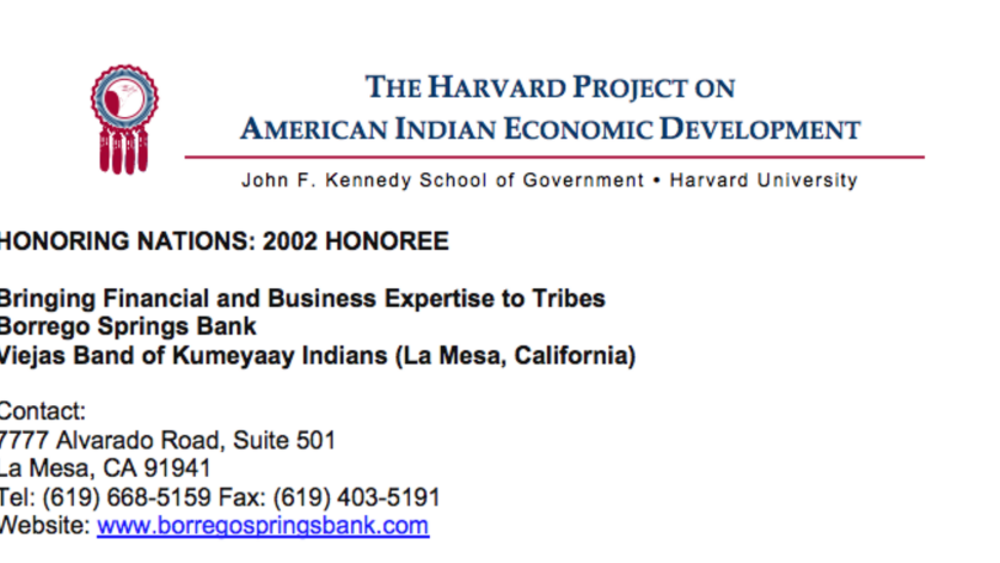
Borrego Springs Bank of the Viejas Band
The first American Indian-owned bank in California, the Borrego Springs Bank (BSB) offers a full range of services to tribal governments and Native-owned businesses in order to facilitate the entrepreneurial growth of American Indian tribes. With more than $74 million in assets and two full service…
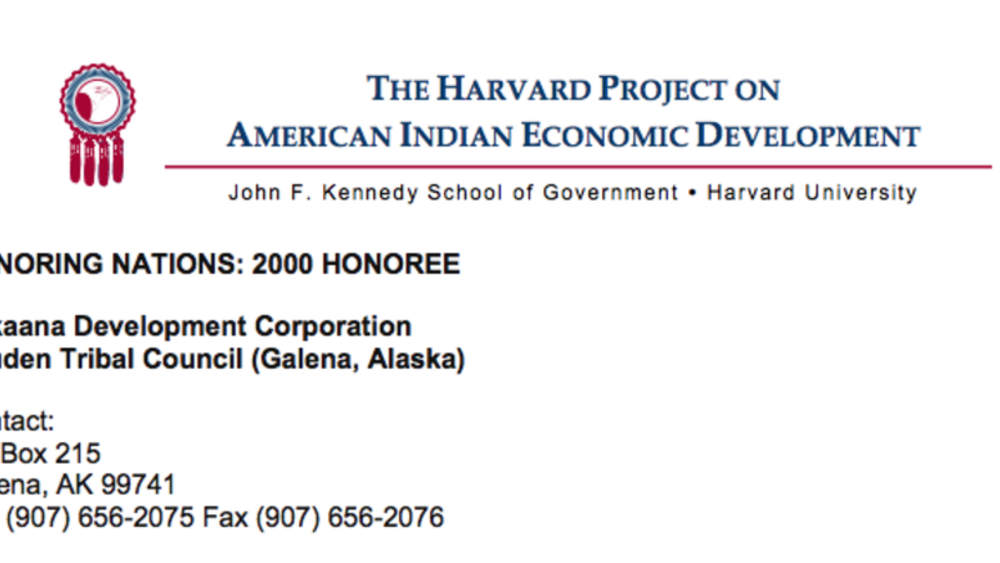
Yukaana Development Corporation (Louden Tribal Council)
The Louden Tribal Council created the Yukaana Development Corporation in 1998 to address the concerns of environmental degradation and environmental justice through training and employment. Under a contract with the US Air Force, the tribally owned Corporation cleans contamination caused by a local…
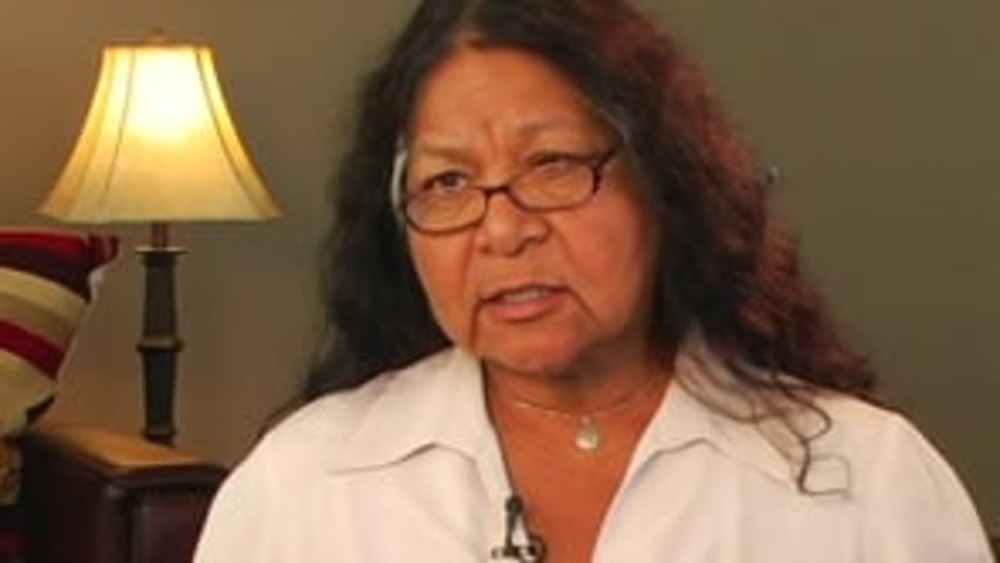
Diane Enos: Building a Sustainable Economy at Salt River
In this informative interview with NNI's Ian Record, Diane Enos, President of the Salt River Pima-Maricopa Indian Community, discusses some of the many significant steps that Salt River has taken over the past few decades to systematically build a self-sufficient, sustainable economy.
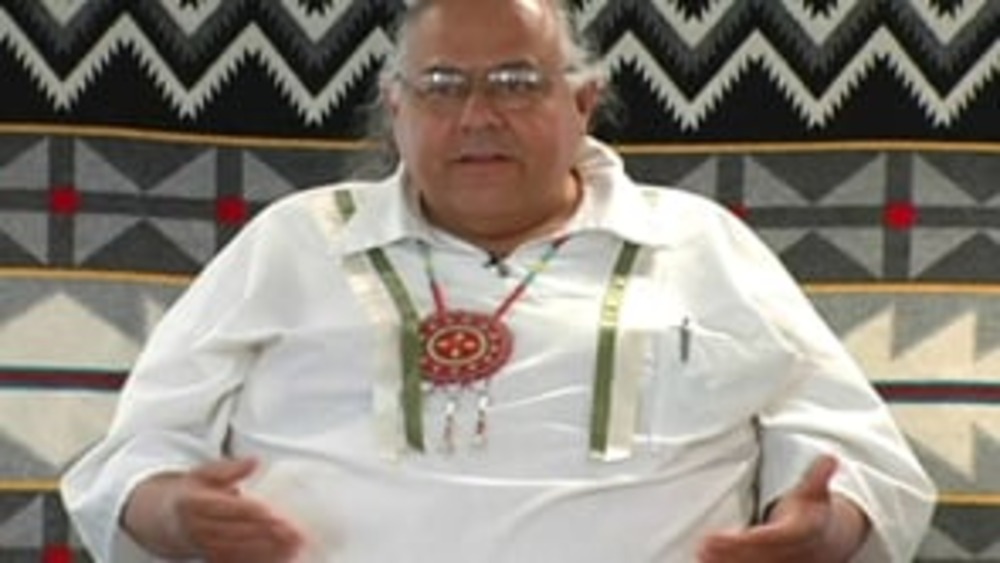
Frank Ettawageshik: Exercising Sovereignty: The Little Traverse Bay Bands of Odawa Indians
Frank Ettawageshik, former chairman of the Little Traverse Bay Bands of Odawa Indians (LTBBO), discusses how LTBBO has systematically built its legal infrastructure in order to fully and capably exercise the nation's sovereignty and achieve its nation-building goals. He discusses some of the…
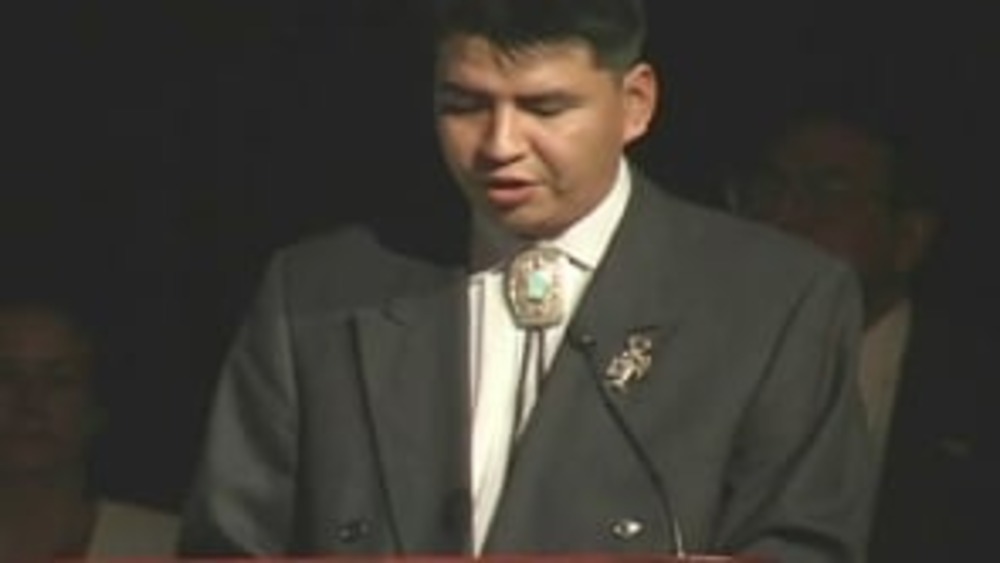
Honoring Nations: Loren Bird Rattler, Ray Montoya and Jay St. Goddard: Siyeh Corporation
Representatives from the Siyeh Corporation present an overview of the corporation's establishment and growth to the Honoring Nations Board of Governors in conjunction with the 2005 Honoring Nations Awards.
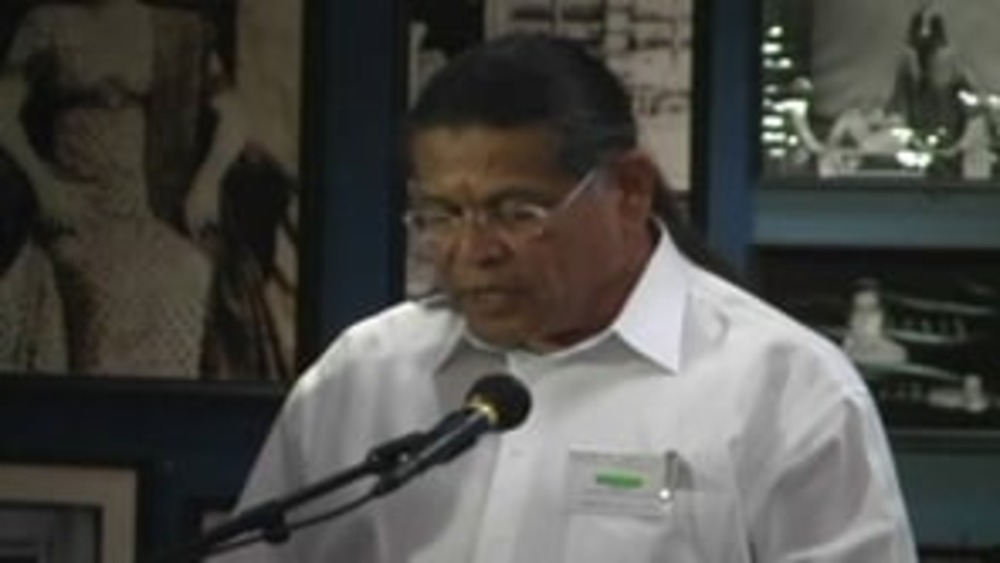
Honoring Nations: Anthony Pico: Building On the Success of Nation-Owned Enterprises
Anthony Pico, the longtime chairman of the Viejas Band of Kumeyaay Indians, discusses the larger purposes of economic development for Native nations, why it is important for nations leverage their gaming successes via the cultivation of other nation-owned enterprises and citizen-owned businesses,…
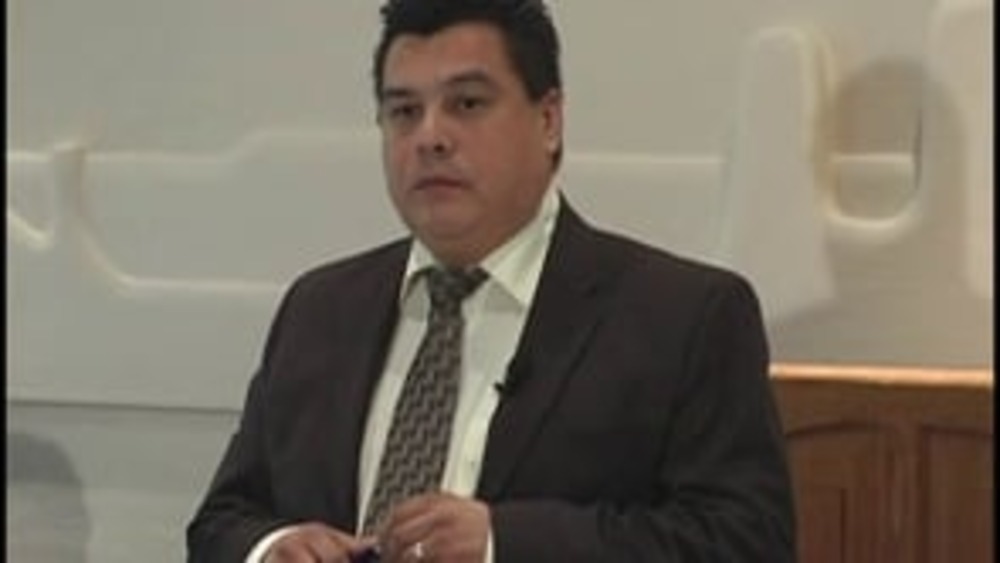
Brian Titus: Nation-Owned Enterprises: Osoyoos Indian Band Development Corporation
Osoyoos Indian Band Development Corporation (OIBDC) Chief Operating Officer Brian Titus provides an overview of OIBDC and the reasons for its success, notably the great lengths it goes to educate Osoyoos citizens about the corporation's activities and overall health.
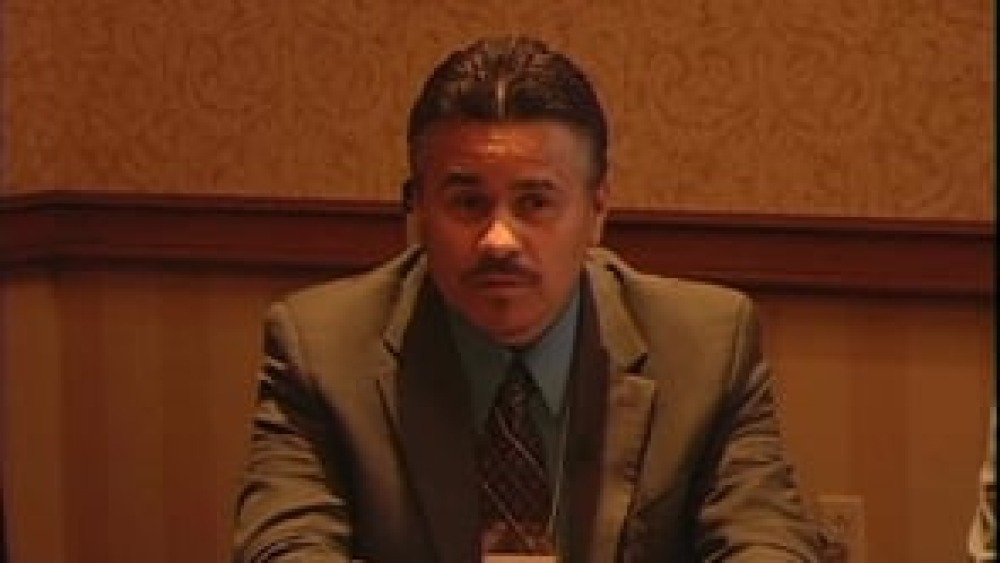
Martin Harvier: Building Sustainable Economies: The Salt River Pima-Maricopa Indian Community Story
Salt River Pima-Maricopa Indian Community Vice President Martin Harvier offers a brief history of the Salt River Pima-Maricopa's efforts to cultivate citizen-owned businesses and then do business with those companies.

Helen Ben: Nation-Owned Businesses: The Meadow Lake Tribal Council
Former Meadow Lake Tribal Council (MLTC) Chief Helen Ben provides an overview of the various enterprises owned by MLTC, an intertribal organization formed for economic development purposes.
